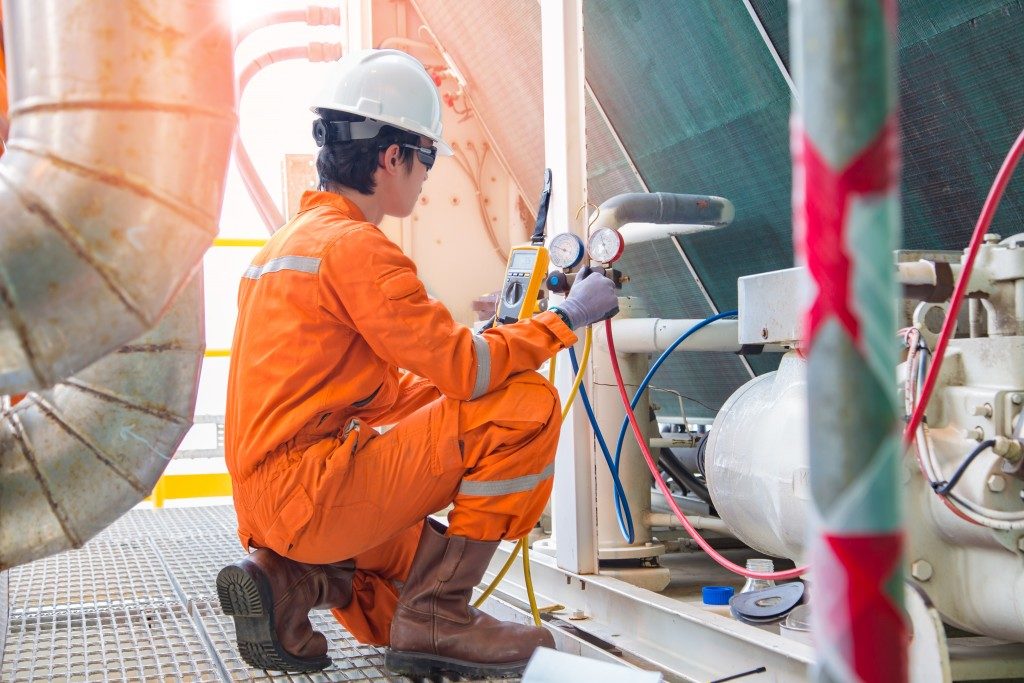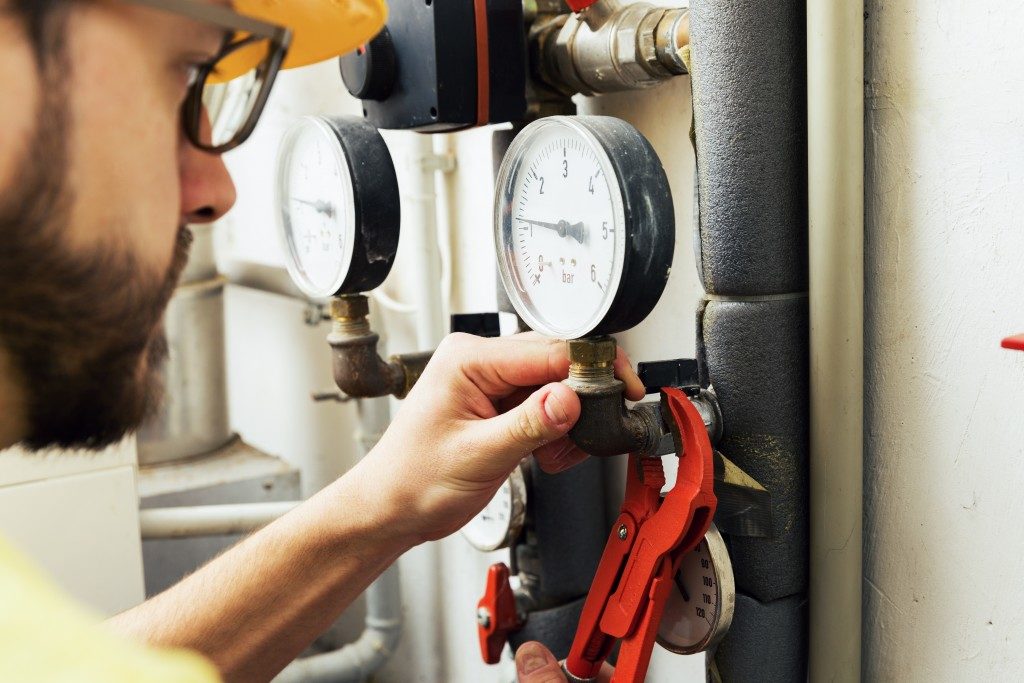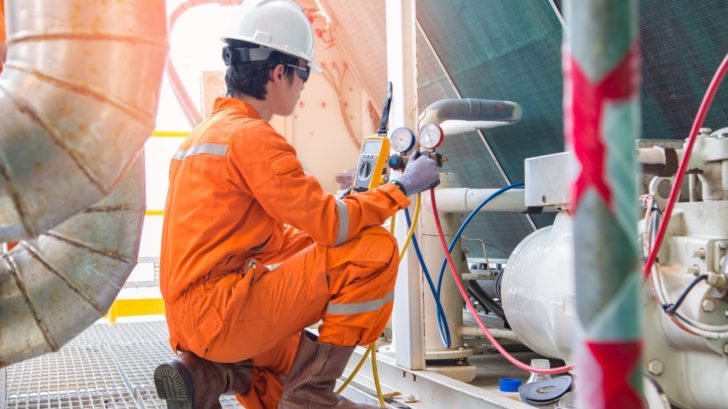 Not all flow meters are cut out for every job or deliver the same results. Selecting an appropriate industrial flow meter is a complex process that must consider a variety of important factors within the system.
Not all flow meters are cut out for every job or deliver the same results. Selecting an appropriate industrial flow meter is a complex process that must consider a variety of important factors within the system.
The first thing to remember about selecting flow meters is that there is no one size fits all solutions. Choosing the right flow meter for the purpose involves not only identifying the applicability of the type of fluid to the capabilities of a meter but also its lifetime effectiveness, upkeep and replacement costs, and the meter’s effectiveness in measuring the expected speed of flow from the pipework.
Each type of flow meter showcases a unique set of advantages and drawbacks that make them optimal for some situations and inapplicable for others. For instance, mechanical flow meters are often used when measuring flow and fluid pressure from gasses and liquid hydrocarbons, which are nonconductive substances that cannot be measured by electromagnetic flow meters. These, on the other hand, would perform better when measuring pressure on pipes carrying suspended matter that could clog a mechanical flow filter.
Installation Complexity
One of the biggest major influences in flow selection includes space constraints. In many cases, an otherwise optimal flow meter simply cannot fit into the required space or the required pipe diameter. An insertion flow meter, for instance, may adequately serve a pipe system too tight for other types of flow meter.
Space influences and the nature of the fluid determine the type of installation options that are available for the system. An in-line flow meter would be more difficult to install because it not only requires sufficient installation space but also requires cutting out a portion of the pipe to accommodate the meter, which in turn requires shutting off the flow. Insertion and clamp-on meters are simply attached to the system. Moreover, some types of meters must be located a sufficient distance away from the pump to prevent turbulence from affecting the data.
Accuracy
The need for accuracy is also a crucial factor in choosing a flow meter. More accurate flow meters—essential in measuring low concentrations of chemicals—would require regular maintenance and calibration to retain their reliability. However, when ballpark measures are sufficient, a less-precise flow meter (which is usually less expensive) would be more adequate.
Fluid Viscosity and Flow Rate
One of the most important factors to consider when choosing a flow meter is the rate of flow expected from the pipe system. Is the rate expected to be constant year-round or are daily and seasonal fluctuations the norm? Some flow meters respond better to abrupt changes in flow more than others.
Viscosity is another factor in determining the appropriate type of meter for the purpose. Some fluids flow slower, owing to the presence of solutes within the fluid itself. Pipe systems that deal with primarily viscous fluids would require meters capable of detecting the flow of viscous fluids, such as electromagnetic filters.
Maintenance Costs

Some meters require more upkeep than others. Mechanical flow meters, which rely on moving parts to measure flow, would need to be periodically calibrated to maintain accuracy and may end up getting clogged or experience other malfunctions that would need to be repaired. Eventually, their parts would wear down and need to be replaced.
In some situations, wear and tear can be problematic. Clogs and wear are an ever-present risk when using mechanical flow meters in mines, sewage treatment works, and other facilities that handle suspensions and slurries. Corrosive materials can also cause a lot of wear and tear on a mechanical meter in a short span of time. In these situations, a mechanical flow meter should only be used when no other type of flow meter is otherwise suitable.






